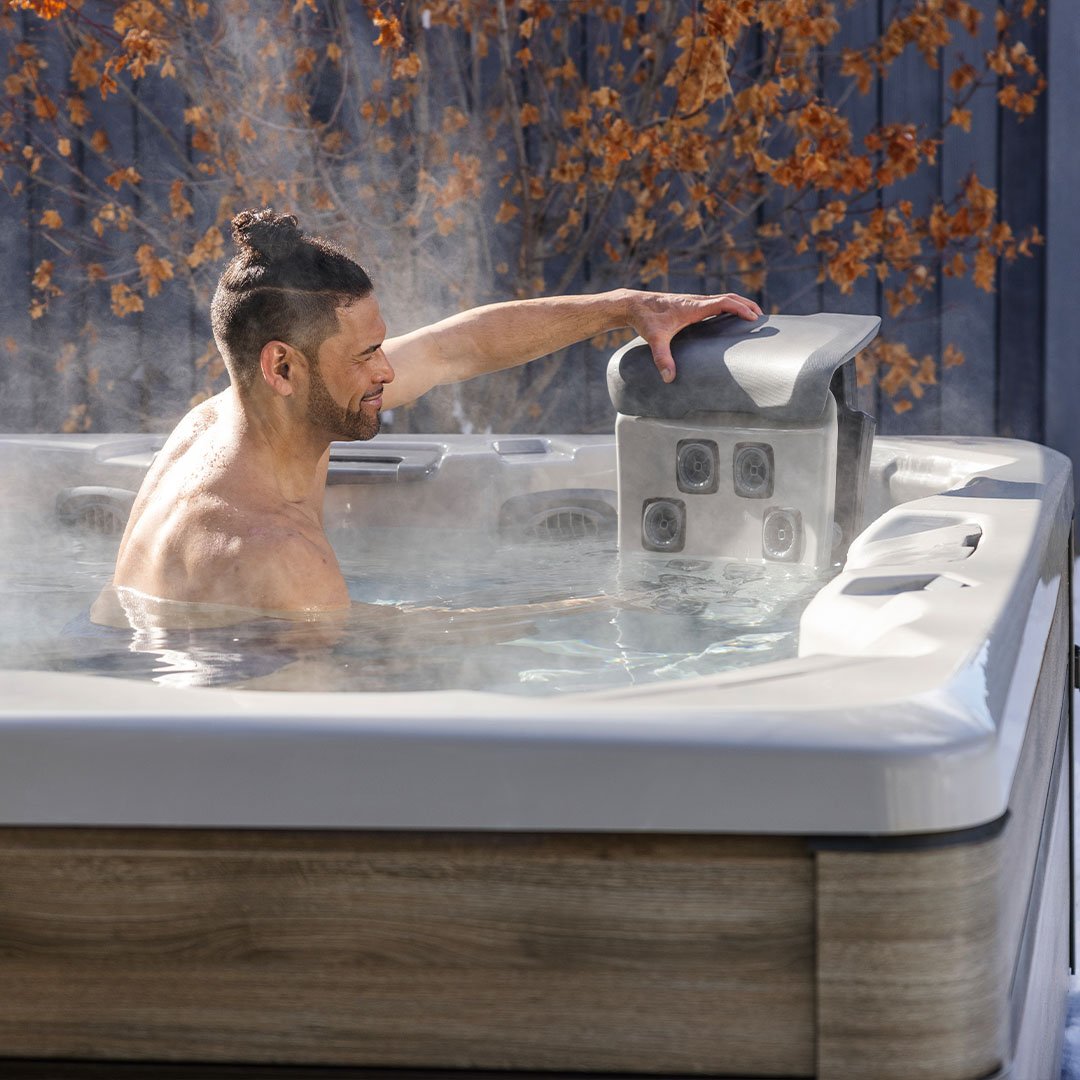Do You Need to Childproof an Above Ground Pool by Law? What to Know
When summer hits and temperatures rise, an above ground pool is a go-to for family fun. But with fun comes responsibility—especially when children are around. A question many pool owners ask is: Are you legally required to childproof an above ground pool?
The answer is yes, in many cases, depending on your state or local laws, but also based on federal safety standards that exist to prevent accidents and drownings. In this article, we’ll break down what the law says, what safety measures are required or recommended, and how to make sure your pool is both fun and compliant.
Why Childproofing an Above Ground Pool Matters
According to the Centers for Disease Control and Prevention (CDC), drowning is a leading cause of injury death in children aged 1–4 years. Pools, whether in-ground or above ground, are a major risk. Even if your pool is raised and seems inaccessible, children are naturally curious—and often surprisingly resourceful.
This is why safety regulations apply to all residential pools, not just in-ground ones.
Legal Requirements for Above Ground Pool Safety
1. Federal Law: The Virginia Graeme Baker Pool & Spa Safety Act (VGBA)
While the VGBA primarily focuses on drain safety to prevent entrapment, it highlights the federal government’s recognition of pool-related hazards. Though it doesn’t directly enforce fencing for residential pools, it paved the way for state-level legislation.
2. State and Local Building Codes
Most states and cities have building codes that include fencing and barrier requirements for all pools, including above ground models.
Typical requirements include:
-
Barrier height: Fences around pools must generally be at least 48 inches high.
-
Ladder or steps: If the pool has a removable ladder, some jurisdictions accept this as a sufficient barrier if removed when not in use.
-
Gate requirements: Self-closing, self-latching gates are often mandatory.
-
Distance and clearance: Some codes specify how far barriers must be from the pool edge and prohibit climbable objects nearby.
💡 Pro Tip: Even if your pool walls are 48 inches high, if you use a deck or permanent steps, it may nullify the built-in barrier, requiring a fence or gate around the access point.
What Happens If You Don’t Comply?
Failing to comply with pool safety laws can result in:
-
Fines or citations from local authorities
-
Increased liability in the case of an accident
-
Potential issues with homeowners insurance coverage
-
Legal consequences in the event of a child injury or drowning
Even beyond the law, if you have kids—or your neighbors do—installing safety measures is the ethical and responsible thing to do.
How to Childproof Your Above Ground Pool
Whether required or not, here are steps you can take to protect children around your pool:
-
Install a Fence or Barrier
-
At least 4 feet high
-
No gaps larger than 4 inches
-
Gates should be self-closing and self-latching
-
-
Use a Locking Ladder or Remove It
-
Some pool ladders come with built-in locks
-
Removable ladders should be stored out of reach
-
-
Add a Pool Alarm
-
Surface wave alarms can detect when someone enters the water
-
-
Use a Safety Cover
-
Must be strong enough to support the weight of a child or pet
-
-
Supervision and Pool Rules
-
No substitute for adult supervision
-
Teach kids to stay away from the pool without an adult present
-
Is Childproofing Your Above Ground Pool Required by Law?
In many states and municipalities, yes—you are legally required to childproof your above ground pool. Even when the law is vague, the risk of child injury or death is too great to leave your pool unprotected. Complying with local safety codes protects children, keeps you within the law, and gives you peace of mind.

Learn More About Pool Safety: Visit Our Full Guide
Childproofing your above ground pool isn’t just about following the law—it’s about protecting the people who matter most. From fencing requirements to smart safety upgrades, staying informed is the first step toward creating a safer backyard. For a deeper dive into best practices, product recommendations, and detailed safety tips, check out our comprehensive guide here: Childproofing Above Ground Pools: Essential Safety Tips.
FAQ'S
Do above ground pools need a fence if the sides are 4 feet tall?
In many areas, no fence is required if the pool walls are at least 48 inches high and there is no fixed access (like a deck or permanent steps). However, once a ladder or deck is added, fencing or gate access is often required by law.
Can I use a removable ladder instead of a fence?
In some jurisdictions, yes, if the ladder is removed or locked when not in use. However, always check with your local building department for confirmation.












